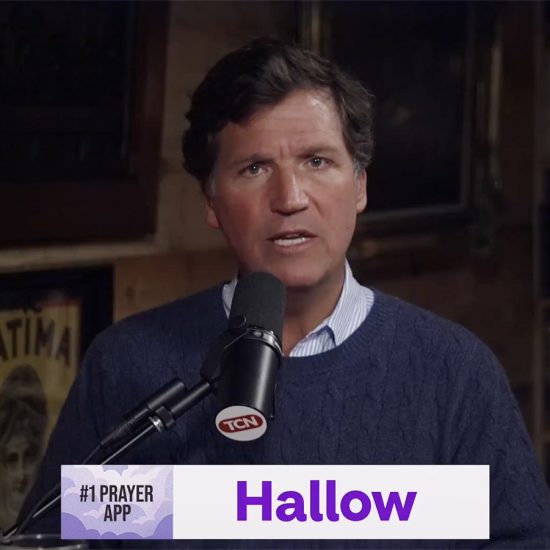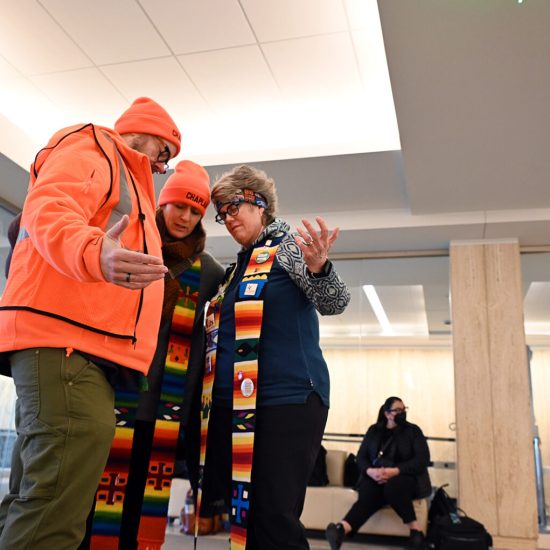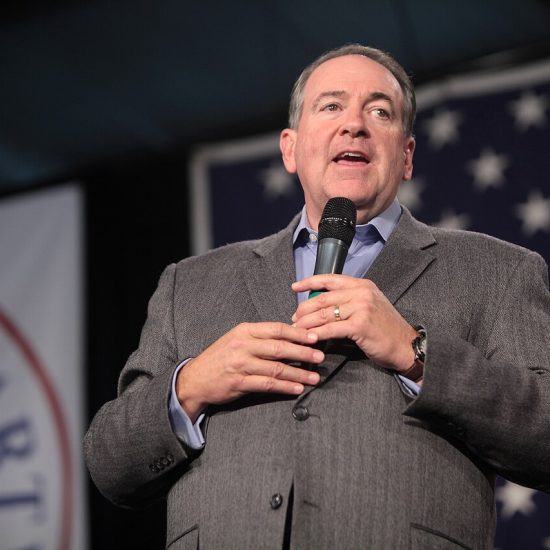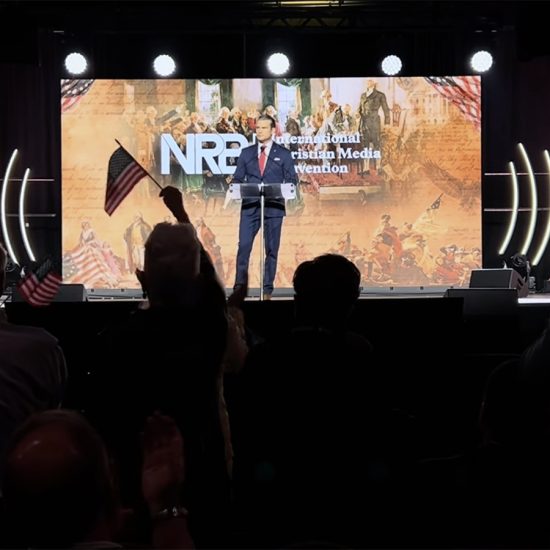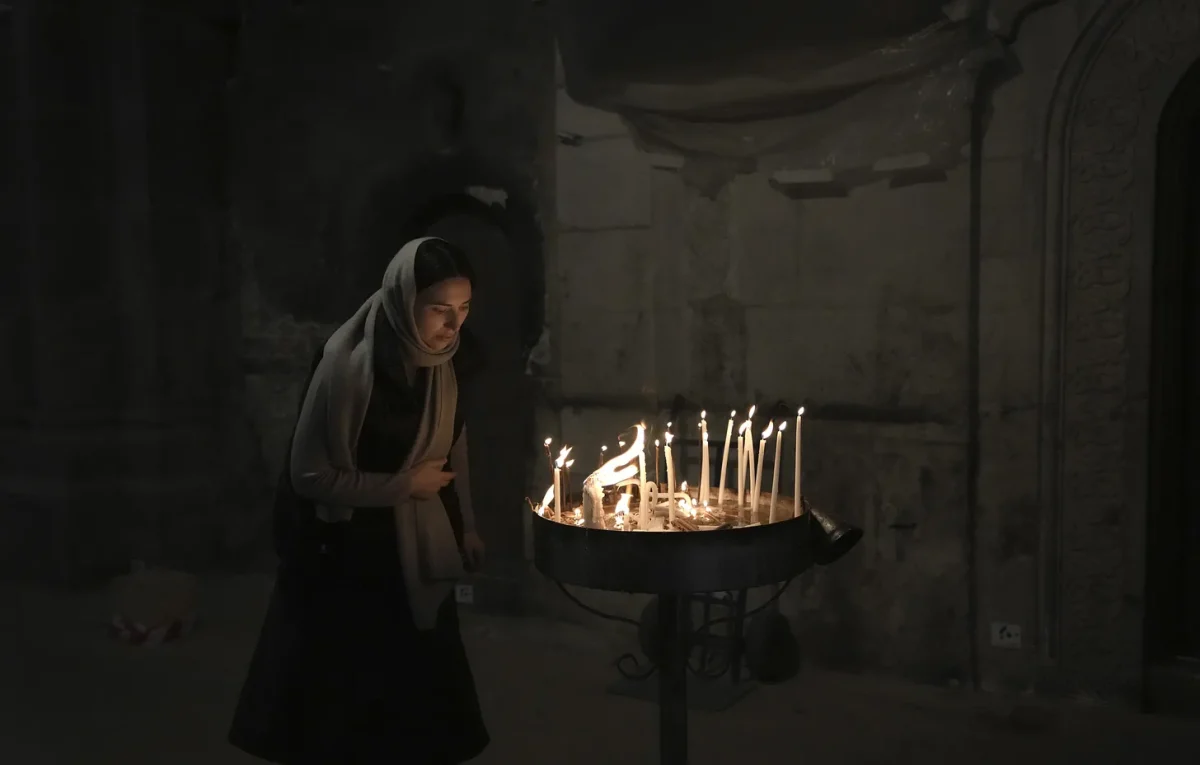
NOTE: This piece was originally published at our Substack newsletter A Public Witness.
Two weeks ago, President Donald Trump offered a surprise announcement that “the U.S. will take over the Gaza Strip” to turn it into “the Rivera of the Middle East.” Standing in the White House next to Israeli Prime Minister Benjamin Netanyahu on Feb. 4, Trump added, “We’ll own it and be responsible for dismantling all of the dangerous unexploded bombs and other weapons on the site, level the site, and get rid of the destroyed buildings, level it out.”
While some Trumpian Christians quickly praised Trump’s idea, many other people denounced it as a call for ethnic cleansing. A United Nations leader called the proposal illegal, and leaders of nations in the region and beyond also criticized it. Last week, a group of more than 350 U.S. rabbis signed a statement to oppose Trump’s proposal and declare that “Jewish people say NO to ethnic cleansing!”
“Donald Trump — like Pharaoh in the Bible — seems to believe he is God with authority to rule, own, and dominate our country and the world, explained Rabbi Yosef Berman, a rabbi in Washington, D.C., who signed the statement. “Jewish teaching is clear: Trump is not God and cannot take away Palestinians inherent dignity or steal their land for a real estate deal.”
Even amid international criticism, Trump doubled down on his proposal. He insisted again last week, “We will have Gaza. No reason to buy. There is nothing to buy. It’s Gaza. It’s a war-torn area. We’re going to take it. We’re going to hold it.”
Adding to the many voices in the U.S. and around the world criticizing Trump’s proposal, the patriarchs and heads of the churches in Jerusalem issued a joint statement on Friday (Feb. 14) blasting the idea of forcibly removing all Palestinians from the Gaza Strip. This group includes leaders from the Greek, Armenian, Coptic, Syrian, and Ethiopian Orthodox Churches in addition to Catholic, Anglican, Lutheran, and other leaders. Emphasizing their role “as custodians of the Christian faith and conscience in this sacred land,” the leaders wrote, “We raise our voices in sorrow and steadfast resolve in the face of the ongoing suffering in Gaza.”
“Amid this anguish, we are compelled to speak against the grave threat of mass displacement, an injustice that strikes at the very heart of human dignity,” the Jerusalem Christian leaders explained. “The people of Gaza, families who have lived for generations in the land of their ancestors, must not be forced into exile, stripped of whatever is left of their homes, their heritage, and their right to remain in the land that forms the essence of their identity. As Christians, we cannot be indifferent to such suffering, for the gospel commands us to uphold the dignity of every human being.”
“We appeal to all people of faith, to governments, and to the international community to act swiftly and decisively to halt this catastrophe,” the leaders added. “Let there be no justification for the uprooting of a people who have already suffered beyond measure. Let the sanctity of human life and the moral obligation to protect the defenseless outweigh the forces of destruction and despair. We call for an immediate unfettered humanitarian access to those in desperate need. To abandon them now would be to abandon our shared humanity.”
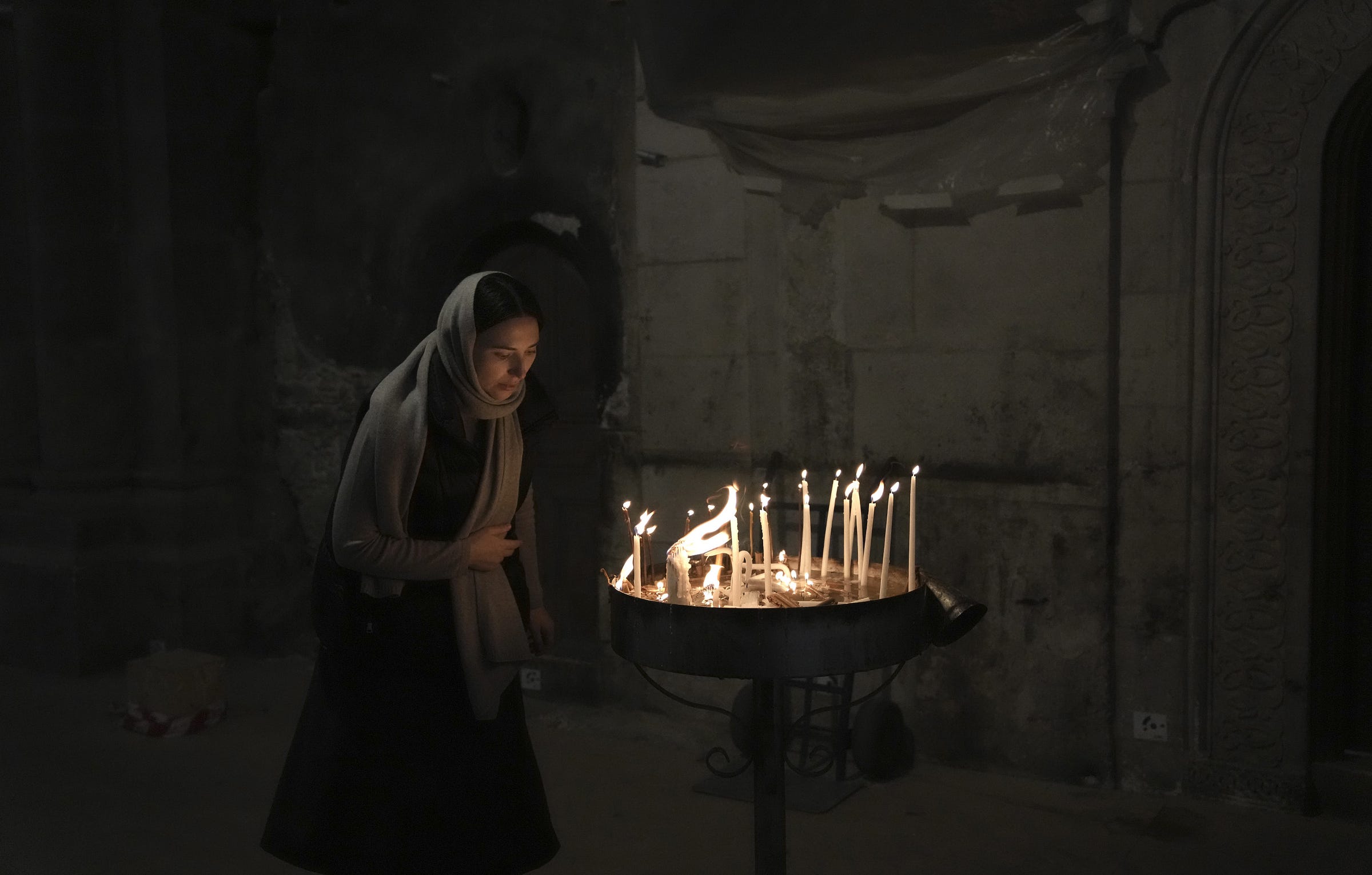
A woman lights candles on Jan. 28, 2025, at the Church of the Holy Sepulchre, where many Christians believe Jesus was buried and rose from the dead, in the Old City of Jerusalem. (Mahmoud Illean/Associated Press)
The letter includes a quote from the Book of Isaiah as a condemnation of Trump’s proposal to remove all Palestinians from the Gaza Strip: “Woe to those who make unjust laws, to those who issue oppressive decrees, to deprive the poor of their rights and withhold justice from the oppressed.” Additionally, it urges Christians to pray for God to “soften the hearts of those who hold power and bring forth a peace that upholds justice, preserves human dignity, and safeguards the presence of all people in the land to which they belong.”
The letter also offers praise for the king of Jordan and the president of Egypt because their “firm and principled stance has remained clear and unwavering in rejecting any attempt to uproot the people of Gaza from their land.” And the letter includes yet another call for the release of “all captives,” something that is in progress but uncompleted amid a ceasefire between Israel and Hamas.
After the publication of the letter, Rev. Munther Isaac, pastor of Evangelical Lutheran Christmas Church in Bethlehem, posted it on social media. He urged “American Christians, who claim to care for Middle Eastern Christians” to listen to the message “and speak against this evil plan.” Isaac, whose book Christ in the Rubble: Faith, the Bible, and the Genocide in Gaza will be published in March, had previously posted a clip of him reading part of his forthcoming book in light of Trump’s comments about taking over the Gaza Strip. In the book, he critiques similar comments previously made by Trump’s son-in-law Jared Kushner that treated, as Isaac put it, “the Gaza crisis as a business opportunity.”
“[Kushner] speaks of Palestinians as disposable humanity,” Isaac added. “The relationship between Israel and the great powers of the world is deeply rooted in joint economic and military interests that overwrite concepts of fairness and justice, denying the human dignity of the colonized. In the logic of empire, might and power trump the human value and worth of those on the receiving end of colonialism.”
With Christian leaders in Jerusalem and Bethlehem raising their voices against Trump’s proposal, this is a moment for U.S. Christians to decide who they trust. Will we listen to the imperial dreams of someone who cares more about a real estate deal than people or will we echo the call from Christians faithfully serving in the holy land?
As a public witness,
Brian Kaylor


